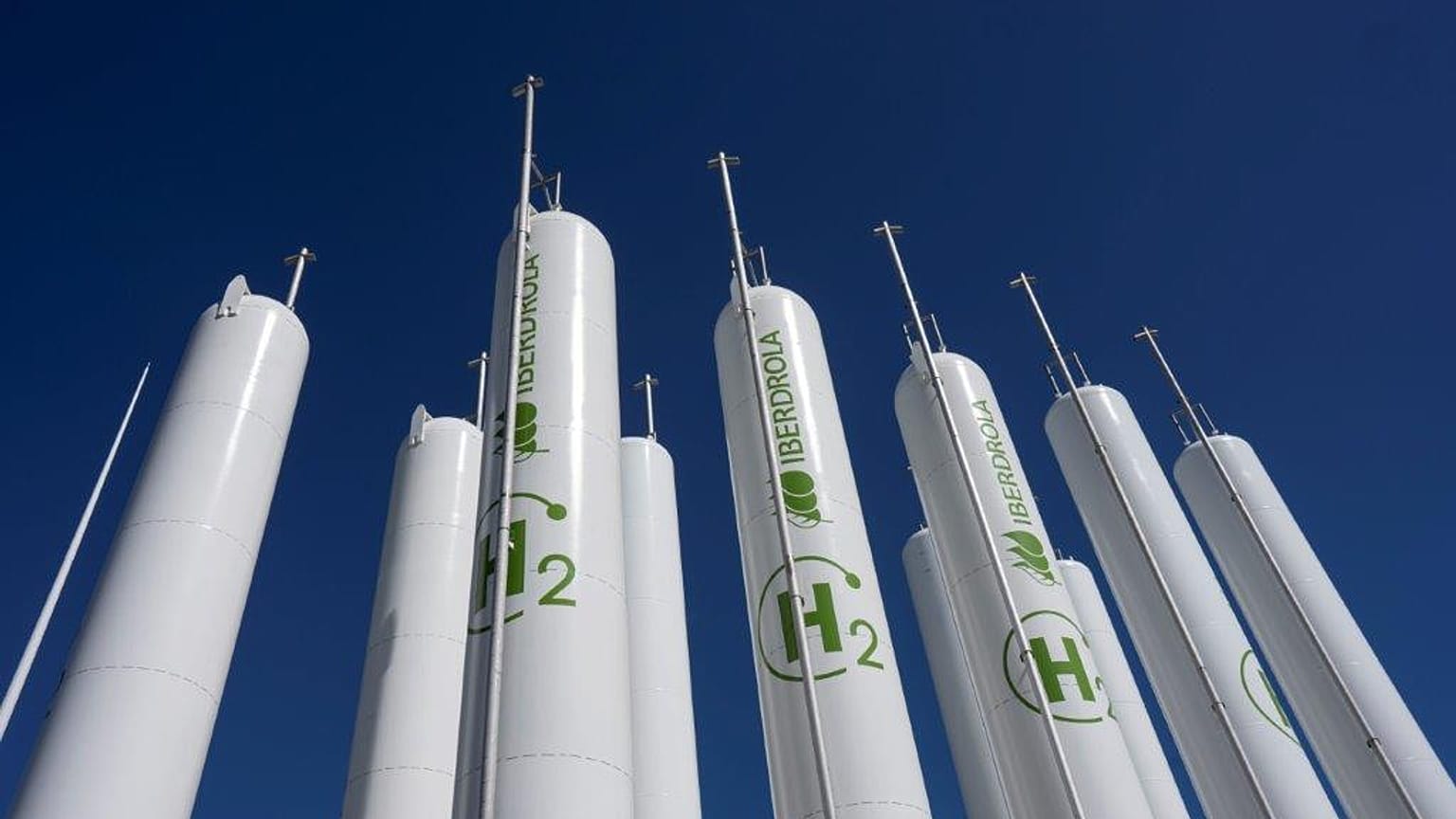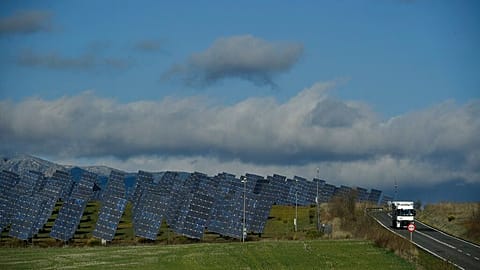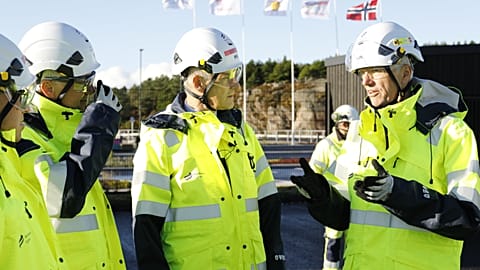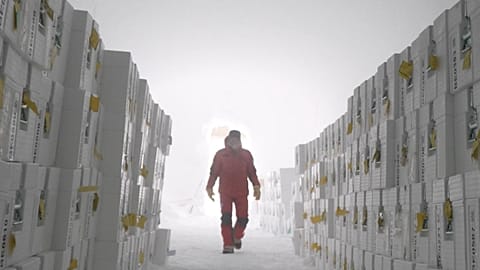The European Commission has been urged to consult broadly and take a methodical approach to defining new 'low-carbon-fuels, amid concerns that hastily drafted legislation could promote the unsustainable use of fossil gas.
The European Commission has been urged not to rush through legislation defining when a fuel can be considered ‘low-carbon’, a question that will determine what technologies qualify for policy and financial support, with far-reaching implications for the future of the natural gas industry.
Following a political agreement with government delegates late last year, the European Parliament is expected to adopt next week a Gas and Hydrogen Markets Directive, which will give the EU executive one year to answer the complex question of what constitutes a ‘low-carbon’ fuel.
Environmental groups and the wind and solar power sectors, joined by the Danish shipping industry, called today (2 April) for the Commission to adopt a “robust definition for low-carbon hydrogen” that would ensure stringent conditions for hydrogen produced from natural gas in combination with carbon capture.
“Only through a transparent process that puts scientific knowledge at the forefront can we make sure that so-called ‘blue hydrogen’ serves as a meaningful tool for climate action,” write the groups, among them Transport & Environment, Environmental Defense Fund and the climate think tank E3G.
The groups were “deeply concerned” over calls to adopt the delegated legislation as quickly as possible. Although the gas directive has yet to be formally adopted, EU Energy Commissioner Kadri Simson has stated she intends to present the delegated act before the end of her mandate in the autumn.
Hydrogen, essential in a range of industrial process, is predominantly produced from natural gas, with the equivalent of around ten tonnes of CO2 emitted for every tonne of H2 produced – more if upstream emissions and methane leakage are factored in.
Backers of hydrogen say carbon capture and storage (CCS) can be used to effectively decarbonise fossil-fuel based hydrogen production. Sceptics are concerned that the oil and gas industry is promoting blue hydrogen as a means to prolong demand for fossil fuels amid the clean energy transition.
In their letter, the NGOs and trade associations say hydrogen produced from fossil gas should only be classed as ‘low carbon’ where there is a very high capture rate of CO2 during production, citing figures as high as 98%. In addition, they would set stringent limits on upstream methane leakage and prohibit the use of carbon offsetting.
They also want to see a clause limiting the production of blue hydrogen to already existing natural gas production capacity. “Low-carbon hydrogen must not deepen Europe’s fossil fuel dependency,” it runs. “It must align with the phase-down trajectory outlined in the EU’s 2040 climate targets impact assessment.”
Arthur Daemers, policy manager at the Renewable Hydrogen Coalition and one of the initiators of the open letter, told Euronews that emissions must be measured for all production pathways before a fuel can credibly be considered low-carbon. “We need this thorough assessment to ensure we only support technologies that help us reach our climate targets, and establish a level-playing field with renewable hydrogen,” he said.


















